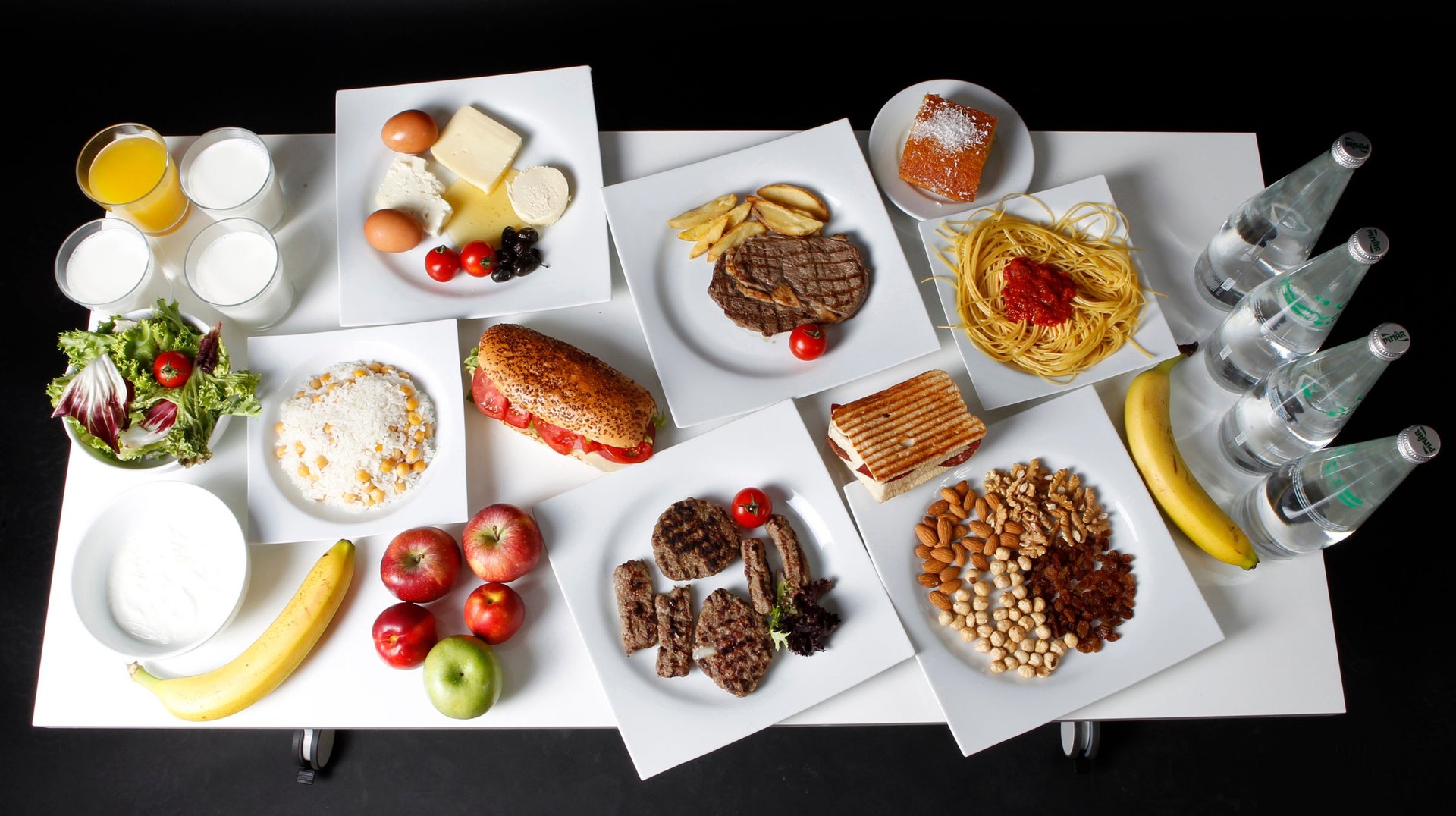Finally, we might get some hard evidence about which diets actually work
Dieting is a multi-billion-dollar industry (just how many billions is astonishingly hard to pin down), yet there’s remarkably little solid information on what works and what doesn’t. Now a startup is hoping to use data to sort it all out.


Dieting is a multi-billion-dollar industry (just how many billions is astonishingly hard to pin down), yet there’s remarkably little solid information on what works and what doesn’t. Now a startup is hoping to use data to sort it all out.
Lift, which is billed by its creators as “the ultimate goal platform,” is designed to keep users accountable for the goals they set. Not surprising, then, that many use it to stick to diets. But now the company is undertaking a massive data collection project, analyzing the daily diet results of hundreds of thousands of users and churning out information on what works for whom.
Users will be randomly placed in one of 10 diets—a list that includes both the best and the worst of US News & World Report’s annual ranking. In addition to traditional diets (vegetarianism, cutting out sweets, counting calories) and popular ones like the paleo diet, the app will assign some users to a program that simply pushes them to sleep more, and another that teaches “mindful” eating habits to make them more conscious of what they consume. Both extra sleep and mindfulness, writes Lift’s CEO and founder, Tony Stubblebine, should have some effect on weight loss, health, and energy levels. The question is how they’ll compare to actual dieting.
Lift isn’t the first app to try and take over clinical research. In August we wrote about Glow, an app hoping to turn data collection into results for couples struggling to conceive. If an app can collect enough data, it follows that it can eventually detect some sort of pattern—but whether the analysis will actually provide useful insight remains to be seen.
But Lift did show promise with its trial run of the project, which followed one diet plan for four weeks. The company reported that 84% of people on the low-carb “4-Hour Body” diet lost weight, but more interesting were certain specific results: Those who reported eating a massive amount of eggs did well, and those who weren’t including vegetables did poorly. Not surprising, perhaps, but good to know.
The data also allowed Lift’s analysts to evaluate one of the 4-Hour Body diet’s quirkier rules: taking a cold shower every day. The results showed that those who took a cold shower every day throughout the month lost more weight than those who gave up on it part way through—but not any better than dieters who refused to include a cold shower in the first place. That suggests that the shower itself doesn’t matter, but discipline does.